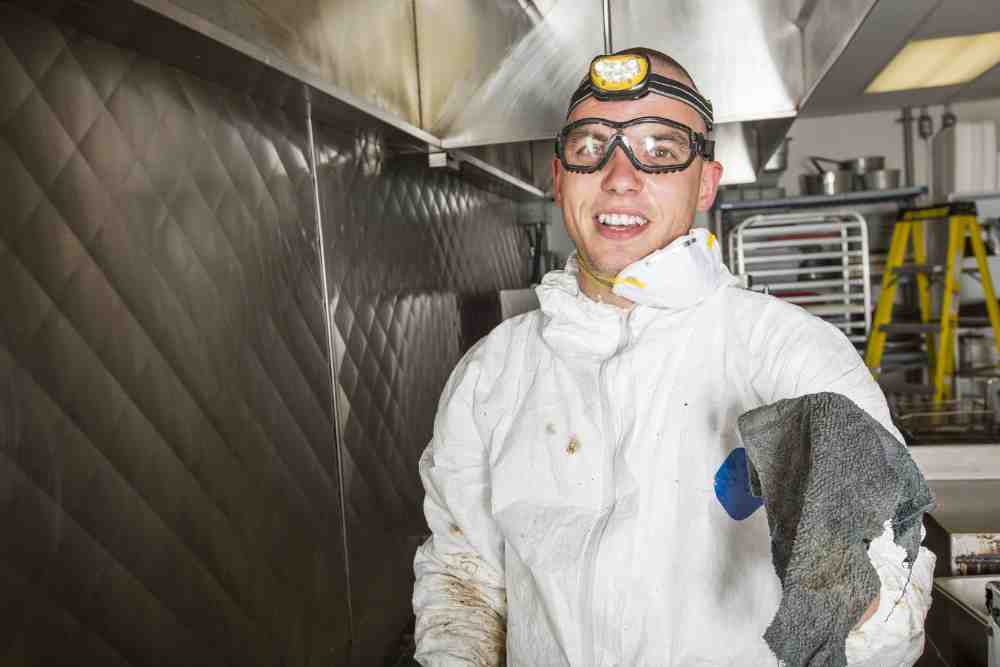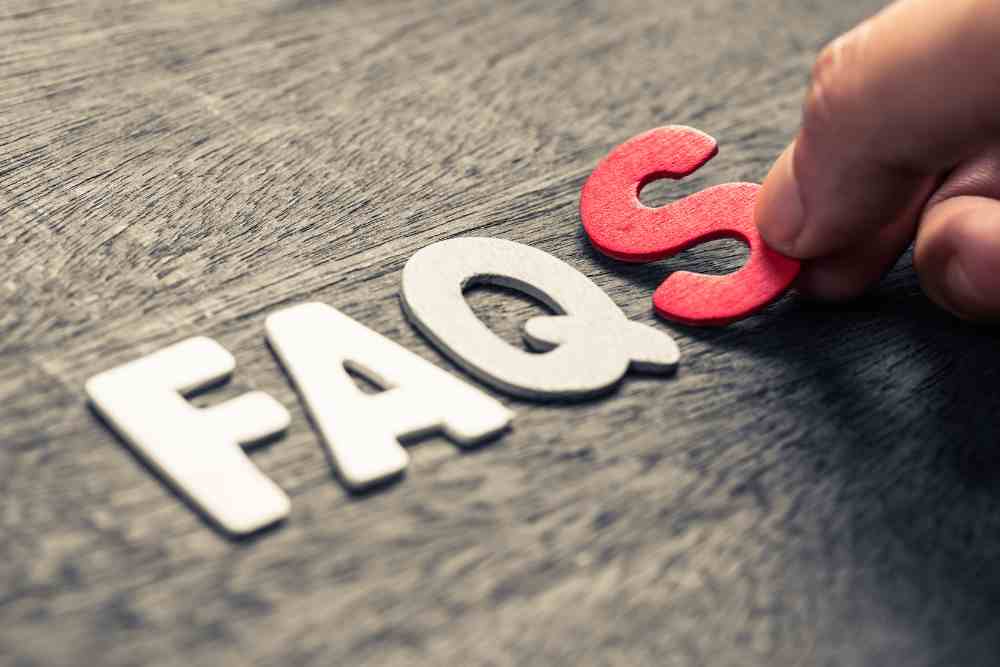Table of Contents
- Best Practices for Professional Hood Cleaning
- The Importance of Professional Hood Cleaning
- 1. Compliance with Industry Standards and Regulations
- 2. Trained and Certified Technicians
- 3. Comprehensive Cleaning Process
- 4. Use of Proper Cleaning Agents and Equipment
- 5. Regular Cleaning Schedule
- Frequently Asked Questions
- 1. How often should a commercial hood system be cleaned?
- 2. Can I clean my own hood system?
- 3. How long does a hood cleaning service typically take?
- 4. What are the consequences of not properly maintaining a hood system?
- 5. How can I choose a reliable hood cleaning company?
Best Practices for Professional Hood Cleaning

When it comes to maintaining a safe and efficient commercial kitchen, proper hood cleaning is essential. The hood system plays a crucial role in removing grease, smoke, and other airborne contaminants from the cooking area, preventing fire hazards and ensuring a healthy environment for both employees and customers. However, not all hood cleaning practices are created equal. In this article, we will explore the best practices for professional hood cleaning, providing valuable insights and tips to ensure a thorough and effective cleaning process.
The Importance of Professional Hood Cleaning
Before diving into the best practices, it is important to understand why professional hood cleaning is necessary. Neglecting regular cleaning and maintenance of the hood system can lead to a variety of issues, including:
- Increased fire risk: Grease buildup in the hood and exhaust system can easily ignite, leading to a dangerous fire that can quickly spread throughout the kitchen.
- Poor air quality: A dirty hood system fails to effectively remove smoke, grease, and other contaminants from the air, resulting in poor air quality that can negatively impact the health of employees and customers.
- Reduced efficiency: A clogged and dirty hood system hampers the airflow, reducing the efficiency of the exhaust system and increasing energy consumption.
- Health code violations: Failure to maintain a clean and properly functioning hood system can result in violations of health and safety regulations, leading to fines and potential closure of the establishment.
Now that we understand the importance of professional hood cleaning, let’s explore the best practices to ensure a thorough and effective cleaning process.
1. Compliance with Industry Standards and Regulations
Professional hood cleaning companies should adhere to industry standards and regulations to ensure a high level of service. The National Fire Protection Association (NFPA) Standard 96 provides guidelines for the design, installation, operation, inspection, and maintenance of commercial cooking operations, including the hood and exhaust system. It is crucial to choose a hood cleaning company that is familiar with and follows these standards to ensure compliance and safety.
2. Trained and Certified Technicians
Proper hood cleaning requires specialized knowledge and skills. It is important to hire a company that employs trained and certified technicians who understand the intricacies of the hood system and can effectively clean all its components. Certified technicians have undergone rigorous training and are equipped with the necessary tools and techniques to perform a thorough cleaning.
3. Comprehensive Cleaning Process
A professional hood cleaning company should follow a comprehensive cleaning process that covers all aspects of the hood system. This includes cleaning the hood, filters, ductwork, exhaust fans, and any other components that may accumulate grease and contaminants. The cleaning process should be tailored to the specific needs of the kitchen and should address any areas of concern or heavy buildup.
For example, a thorough cleaning process may include:
- Removing and cleaning the hood filters
- Scraping and degreasing the hood interior and exterior surfaces
- Cleaning the ductwork and exhaust fans
- Inspecting and cleaning the grease containment system
- Ensuring proper airflow and functionality of the system
By following a comprehensive cleaning process, professional hood cleaners can effectively remove grease and contaminants, reducing fire risk and improving air quality.
4. Use of Proper Cleaning Agents and Equipment
The choice of cleaning agents and equipment is crucial for achieving optimal results. Professional hood cleaners should use industry-approved cleaning agents that are effective in removing grease and other contaminants without causing damage to the hood system. Additionally, they should utilize specialized equipment, such as pressure washers and steam cleaners, to ensure a thorough and efficient cleaning process.
5. Regular Cleaning Schedule
Maintaining a regular cleaning schedule is essential to prevent excessive grease buildup and ensure the ongoing safety and efficiency of the hood system. The frequency of cleaning depends on the volume of cooking and the type of food being prepared. High-volume kitchens may require monthly or quarterly cleanings, while low-volume kitchens may only need semi-annual cleanings. A professional hood cleaning company can assess the specific needs of the kitchen and recommend an appropriate cleaning schedule.
For professional hood cleaning services in Ontario, visit Ontario Hood Cleaning.
Frequently Asked Questions

1. How often should a commercial hood system be cleaned?
The frequency of hood system cleaning depends on the volume of cooking and the type of food being prepared. High-volume kitchens should be cleaned monthly, while low-volume kitchens may only require cleaning every six months. It is important to consult with a professional hood cleaning company to determine the appropriate cleaning schedule for your specific kitchen.
2. Can I clean my own hood system?
While it is possible to clean your own hood system, it is highly recommended to hire a professional hood cleaning company. Professional cleaners have the necessary knowledge, skills, and equipment to perform a thorough cleaning and ensure compliance with industry standards and regulations. Attempting to clean the hood system without proper training and equipment can be dangerous and may not achieve the desired results.
3. How long does a hood cleaning service typically take?
The duration of a hood cleaning service depends on the size and complexity of the hood system, as well as the level of grease buildup. On average, a professional hood cleaning service can take anywhere from two to six hours. However, larger and more heavily soiled systems may require additional time. It is best to consult with the hood cleaning company to get an accurate estimate for your specific kitchen.
4. What are the consequences of not properly maintaining a hood system?
Failure to properly maintain a hood system can have serious consequences. It can increase the risk of fire, compromise air quality, reduce the efficiency of the exhaust system, and result in health code violations. These consequences can lead to property damage, injuries, fines, and potential closure of the establishment.
5. How can I choose a reliable hood cleaning company?
When choosing a hood cleaning company, consider the following factors:
- Experience and reputation: Look for a company with a proven track record and positive customer reviews.
- Certifications and training: Ensure that the company employs trained and certified technicians who are knowledgeable about industry standards and regulations.
- Compliance with regulations: Verify that the company follows the guidelines set by the NFPA Standard 96 and other relevant regulations.
- Insurance coverage: Confirm that the company has liability insurance to protect against any damages or accidents that may occur during the cleaning process.
- Transparent pricing: Request a detailed quote that outlines the scope of work and associated costs.
By considering these factors, you can choose a reliable hood cleaning company that will provide a thorough and effective cleaning.
For professional hood cleaning services in Ontario, visit Ontario Hood Cleaning.
- Best Practices for Professional Hood Cleaning
- hood cleaning
- kitchen exhaust cleaning
- restaurant hood cleaning






